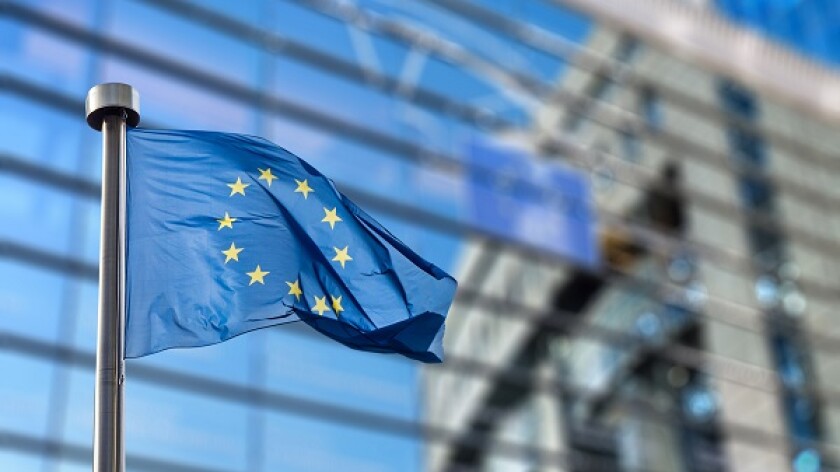The European Commission, the European Medicines Agency (EMA) and the relevant national authorities recently agreed on a number of measures to mitigate the impact of COVID-19 disruptions on the conduct of inspections at manufacturing sites or other sites relevant to medicinal products in the European Union. These are included in the Notice to stakeholders: Questions and answers on regulatory expectations for medicinal products for human use during the COVID-19 pandemic, https://ec.europa.eu/health/sites/health/files/human-use/docs/guidance_regulatory_covid19_en.pdf.
In view of the burden which German pharmaceutical companies and their suppliers currently face under a number of new regulations and the EU-wide export ban, such measures are encouraging.
Currently, companies in the pharmaceutical and medical device industry in Germany are faced with legislation based on the considerable extension of competences of the federal government, under the bill entitled Gesetz zum Schutz der Bevölkerung bei einer epidemischen Lage von nationaler Tragweite. As a direct result of these extended competences set forth by the bill a number of regulations were enacted, authorising the Ministry of Health and authorities to intervene to a considerable extent in the production and supply chains of pharmaceutical companies, medical device manufacturers and suppliers. Additionally, companies face export restrictions. While France, Italy and Spain, for example, have enacted similar authorisation bills, those are time-limited and expressly require reasonability or proportionality of the measures under the regulations/ordinances.
The EMA and the European Commission have recognised that current national and international security measures and travel restrictions influence or prevent regular production and organisational processes.
The measures outlined in the updated Notice to Stakeholders, developed jointly by the European Commission, EMA and the heads of the pharmaceutical agencies, partially adapt the regulatory legal framework.
For example, the validity of Good Manufacturing Practice (GMP) certificates for manufacturing/importing active substances and/or finished products in the European Economic Area (EEA) is extended until the end of 2021. If necessary, remote inspections are performed to enable extensions, and on-site inspections will be conducted as soon as possible. Essentially, the same applies to Good Distribution Practices (GDP) certificates. Automatic extensions do, however, not apply to any changes in the scope of the GMP certificate.
In addition, the Notice to Stakeholders provides information about adjustments which may be applied to the work of qualified persons who are responsible for confirming that each batch of a drug is approved for sale or use in a clinical trial.
However, these measures do not change the obligation of manufacturers and importers to comply with the GMDP standards. Inspections, including remote assessments, can take place and appropriate regulatory measures will be initiated in the event of non-compliance. Obligations and responsibilities of the qualified persons remain unchanged.
Besides the extensions of certificates, the updated Notice to Stakeholders includes advice on seeking exemptions from the 'sunset clause' under Article 24(4)-(6) of Directive 2001/83/EC and Articles 14(4)-(6) of Regulation (EC) No 726/2004, and a mechanism to deal with prioritising with respect to Individual Case Safety Reports.
Furthermore, the commission issued guidance to mitigate clinical trial disruption in the EU (Guidance on the Management of Clinical Trials during the Covid-19 (Coronavirus) Pandemic, Version 3, 28/04/2020).
Additionally, the council and the parliament adopted Regulation 2020/561 amending Regulation (EU) 2017/745 (Medical Device Regulation) in relation to application dates of all provisions which would otherwise apply from May 26 2020, postponing the date of application for those provisions by one year.
While national authorities extensively intervene with the supply chains of pharmaceutical manufacturers, the EMA and the EU Commission have adapted the regulatory framework to mitigate the pressure on marketing authorisation holders as far as production, reporting and clinical testing is concerned. Additionally the postponement of the Medical Device Regulation eases the burden on manufacturers in the medical device industry.
Dr Gisela Grabow












